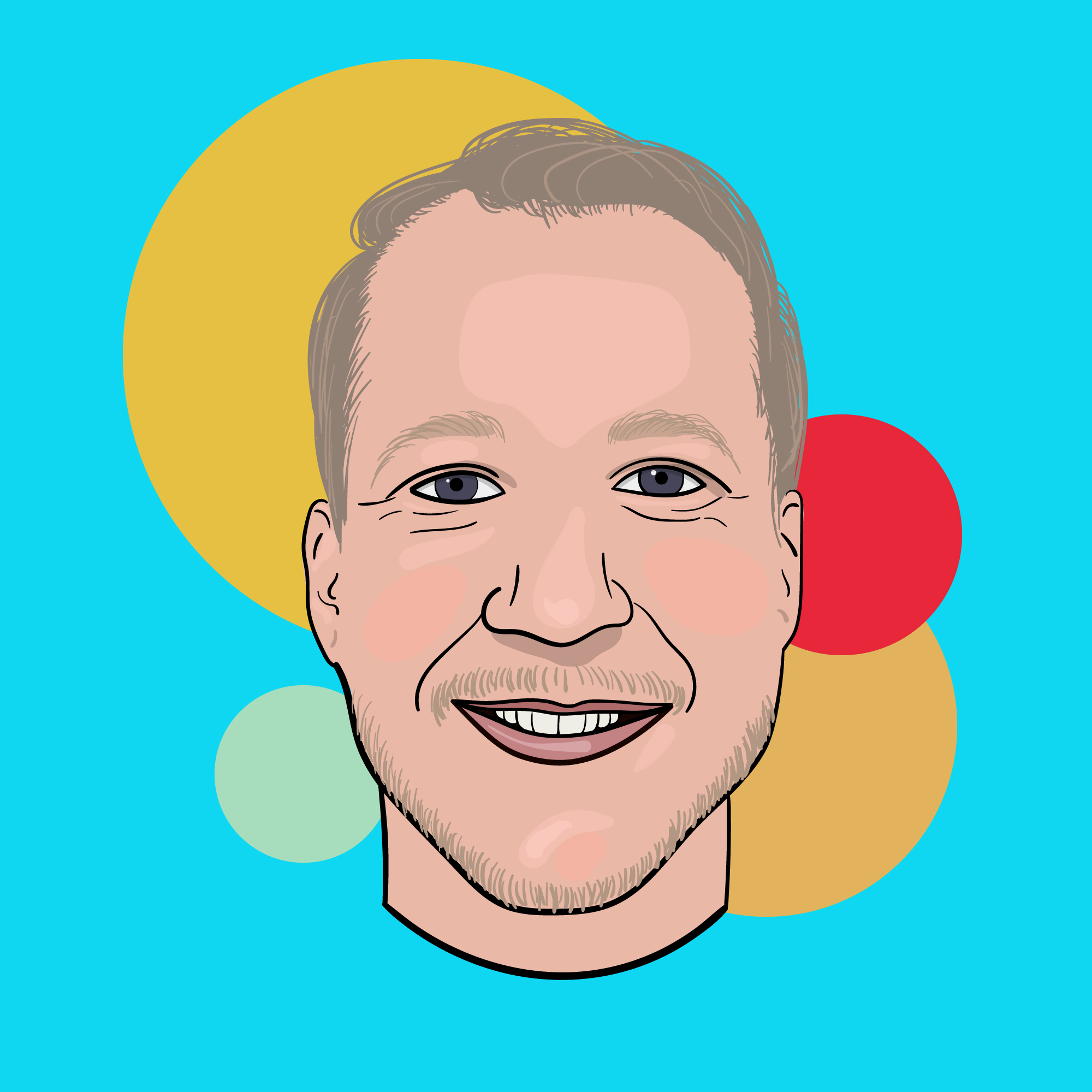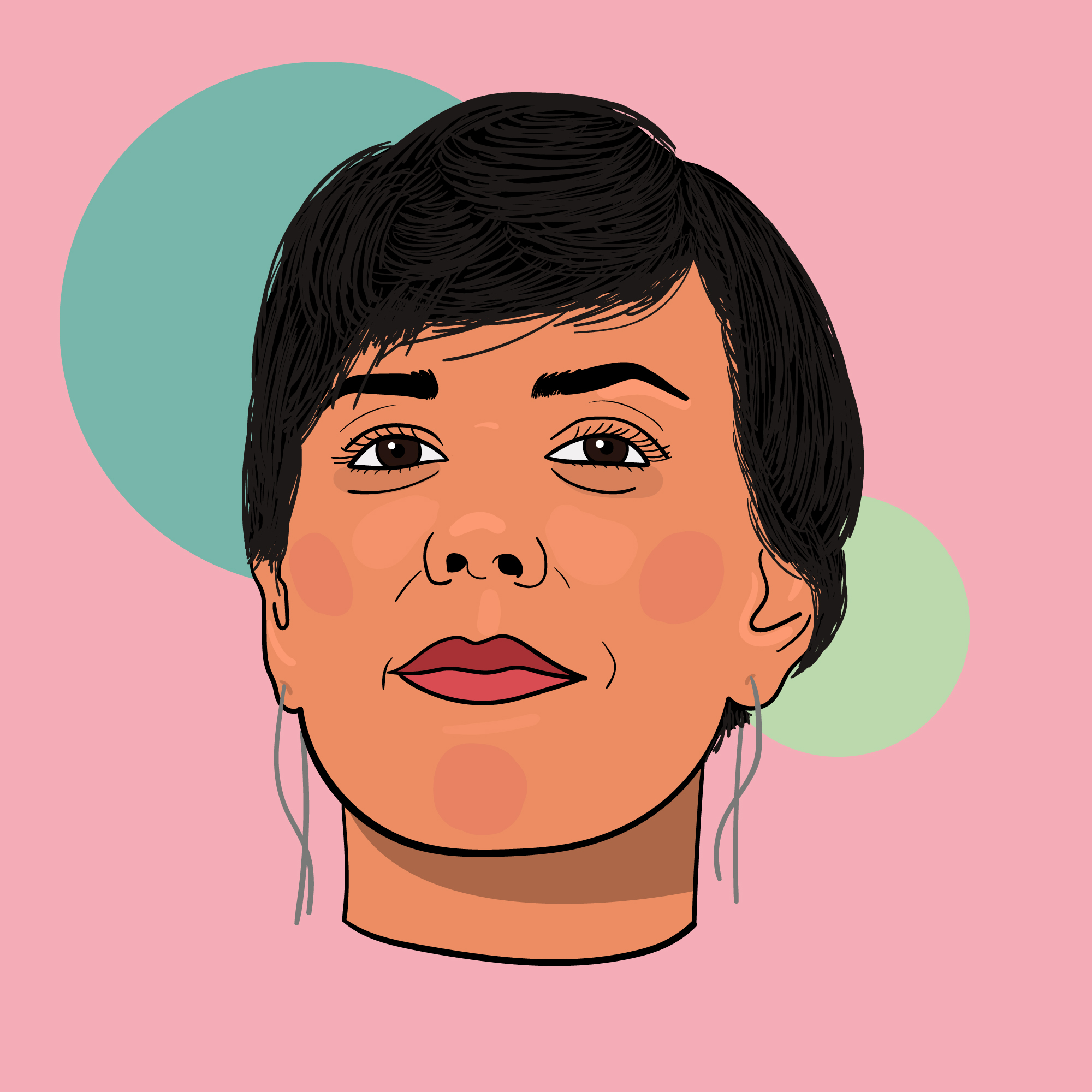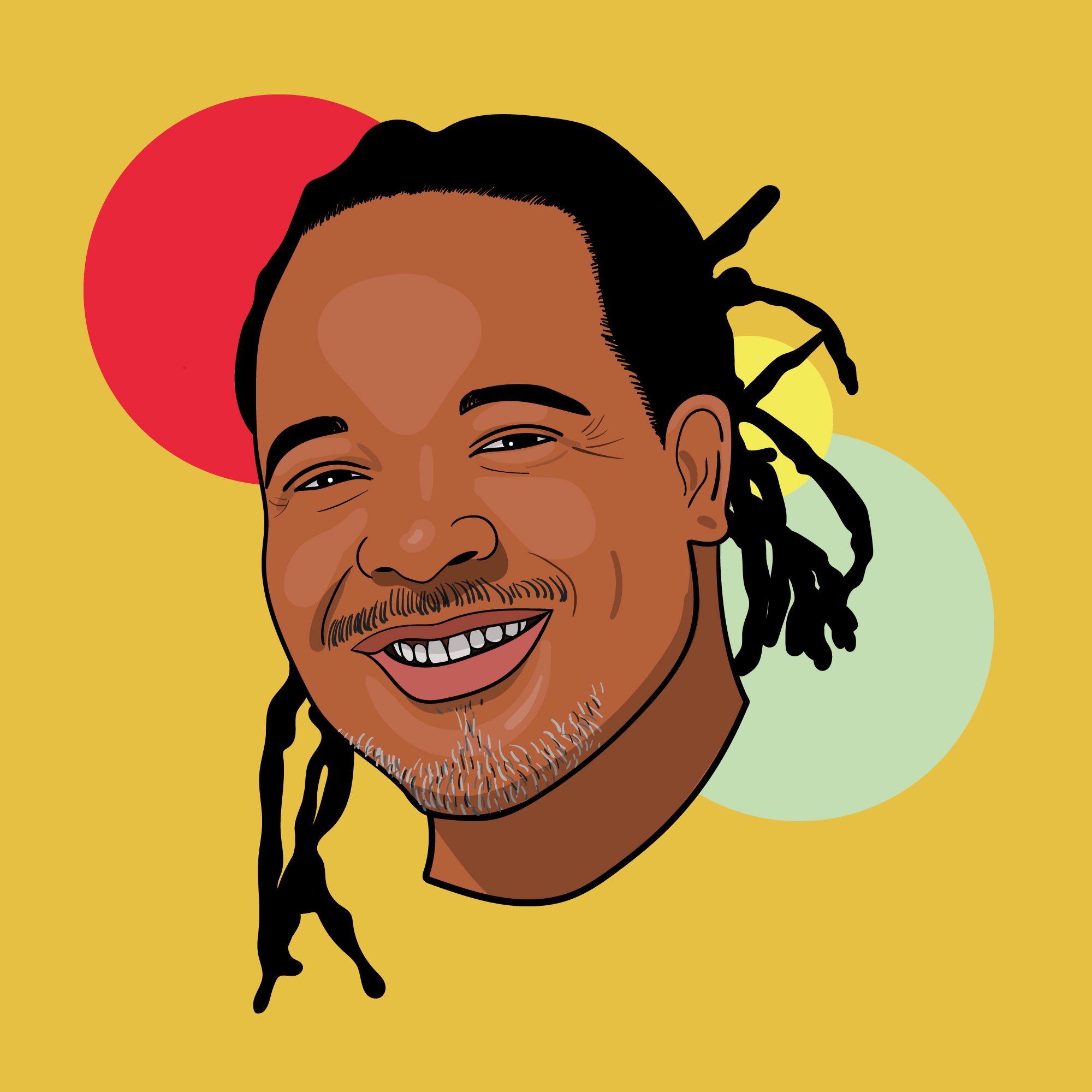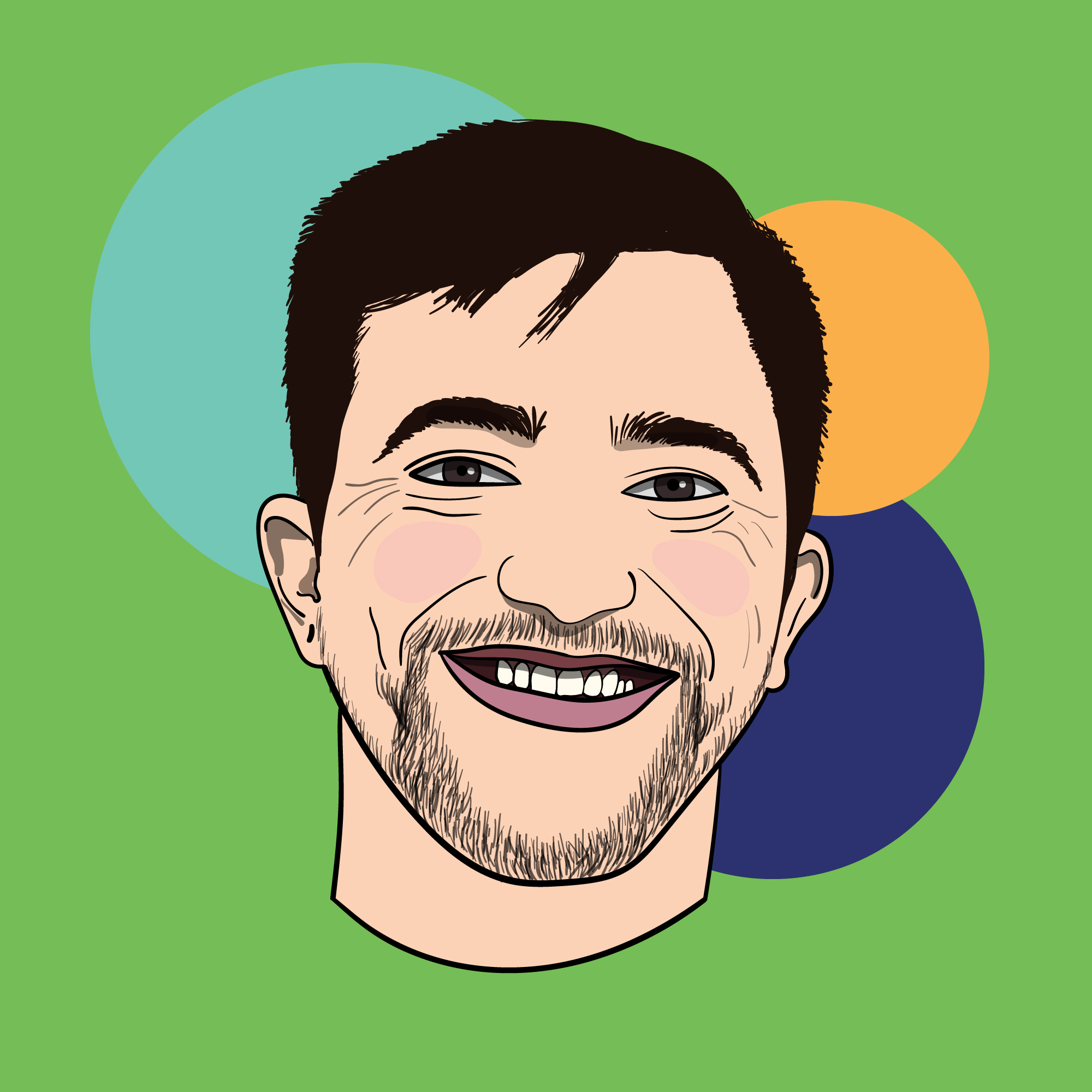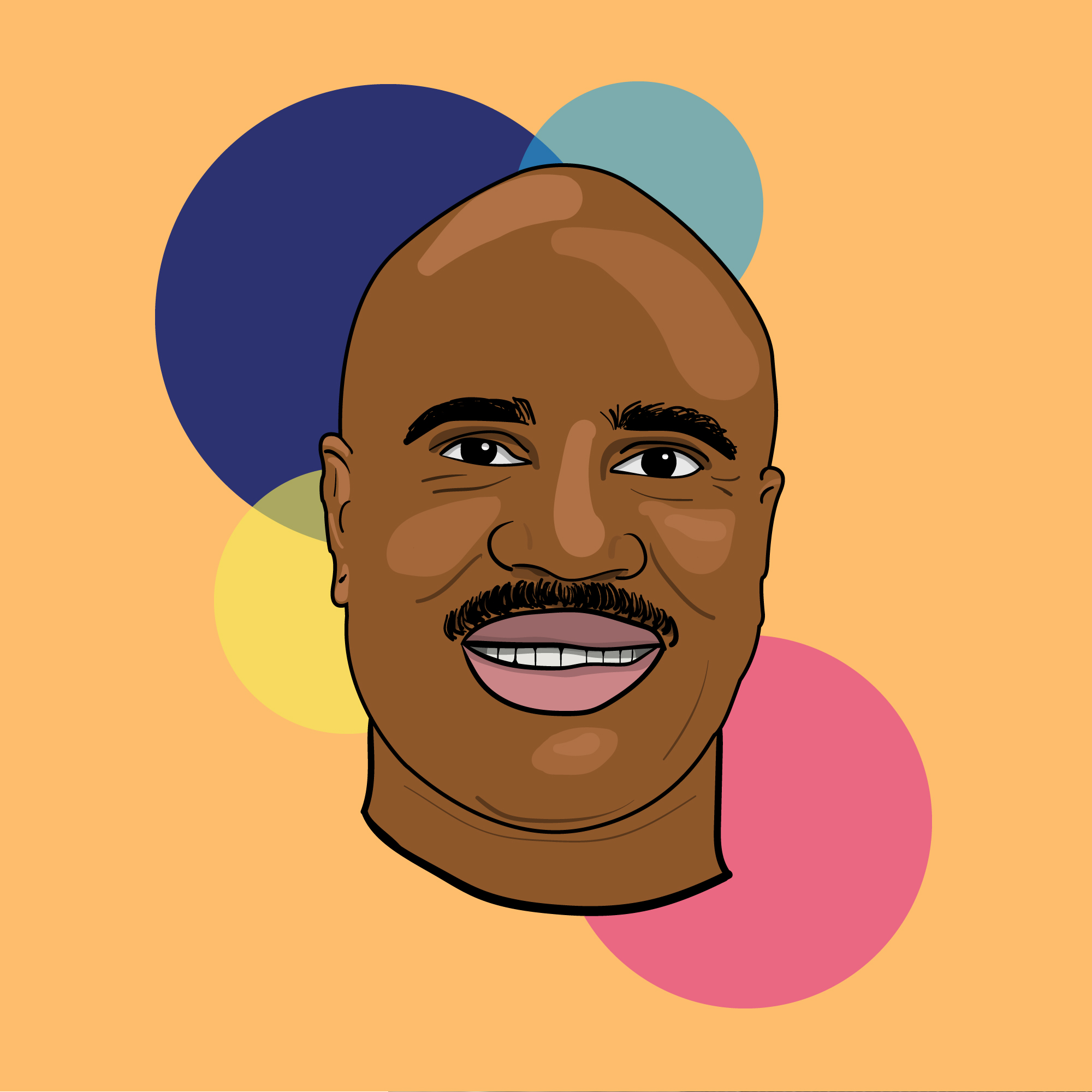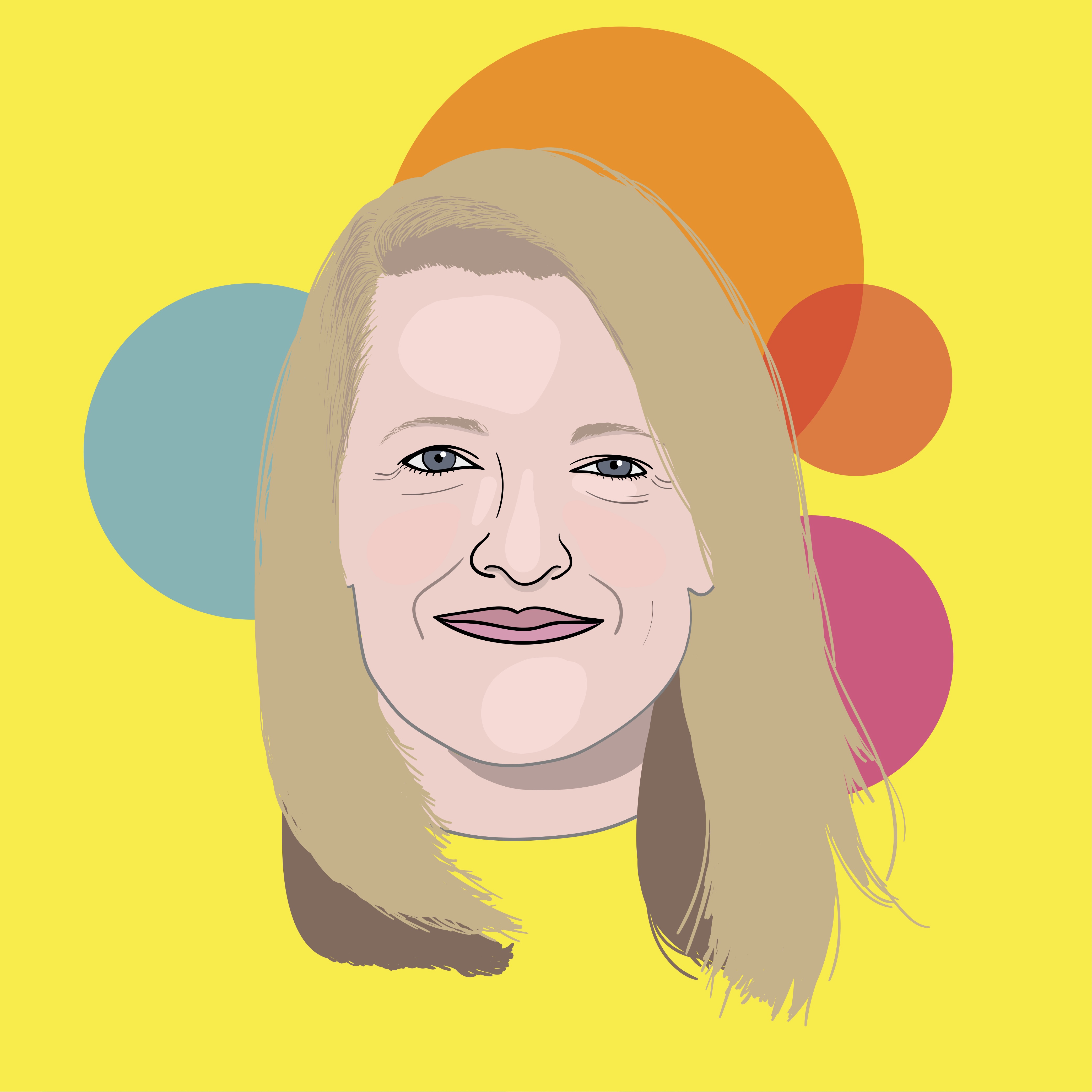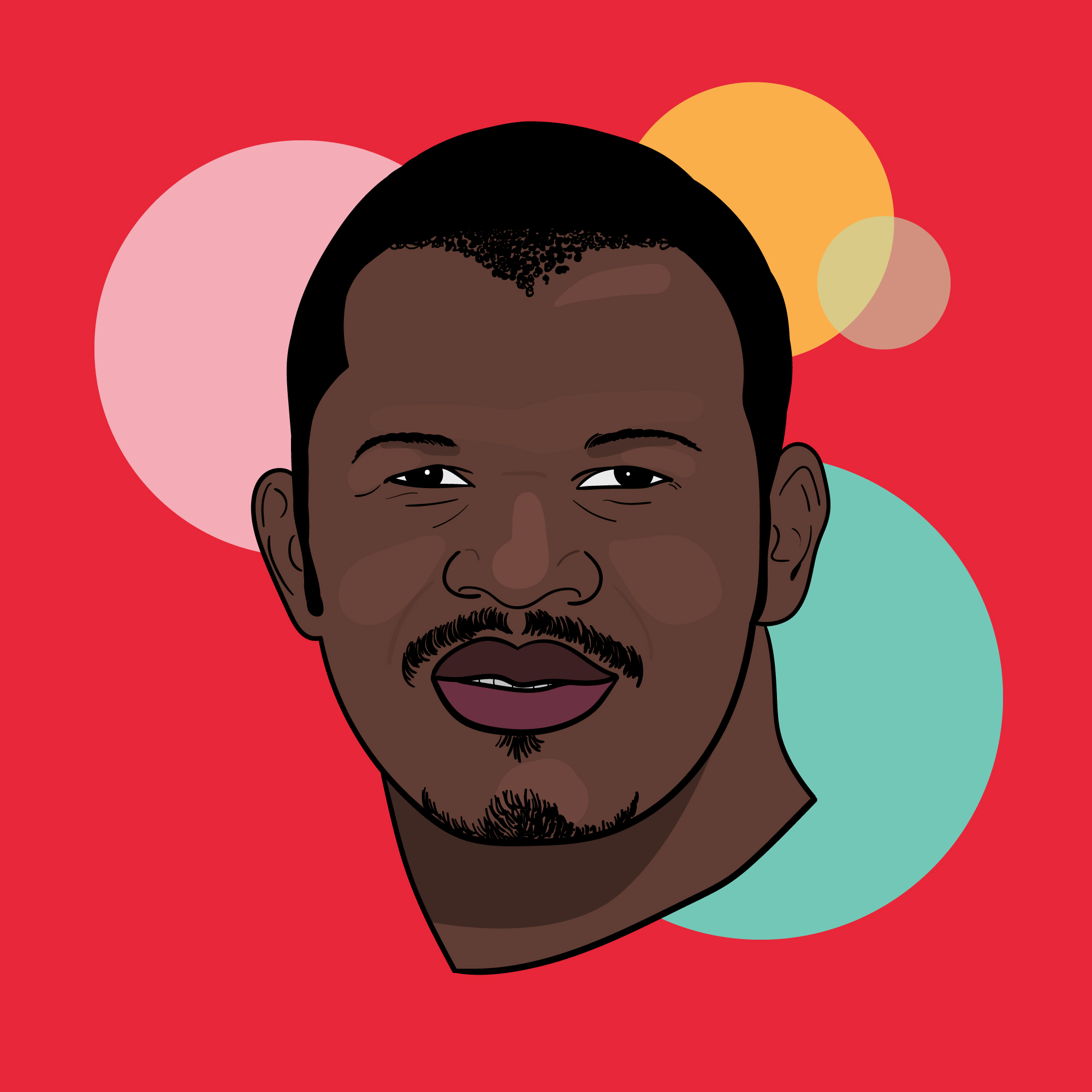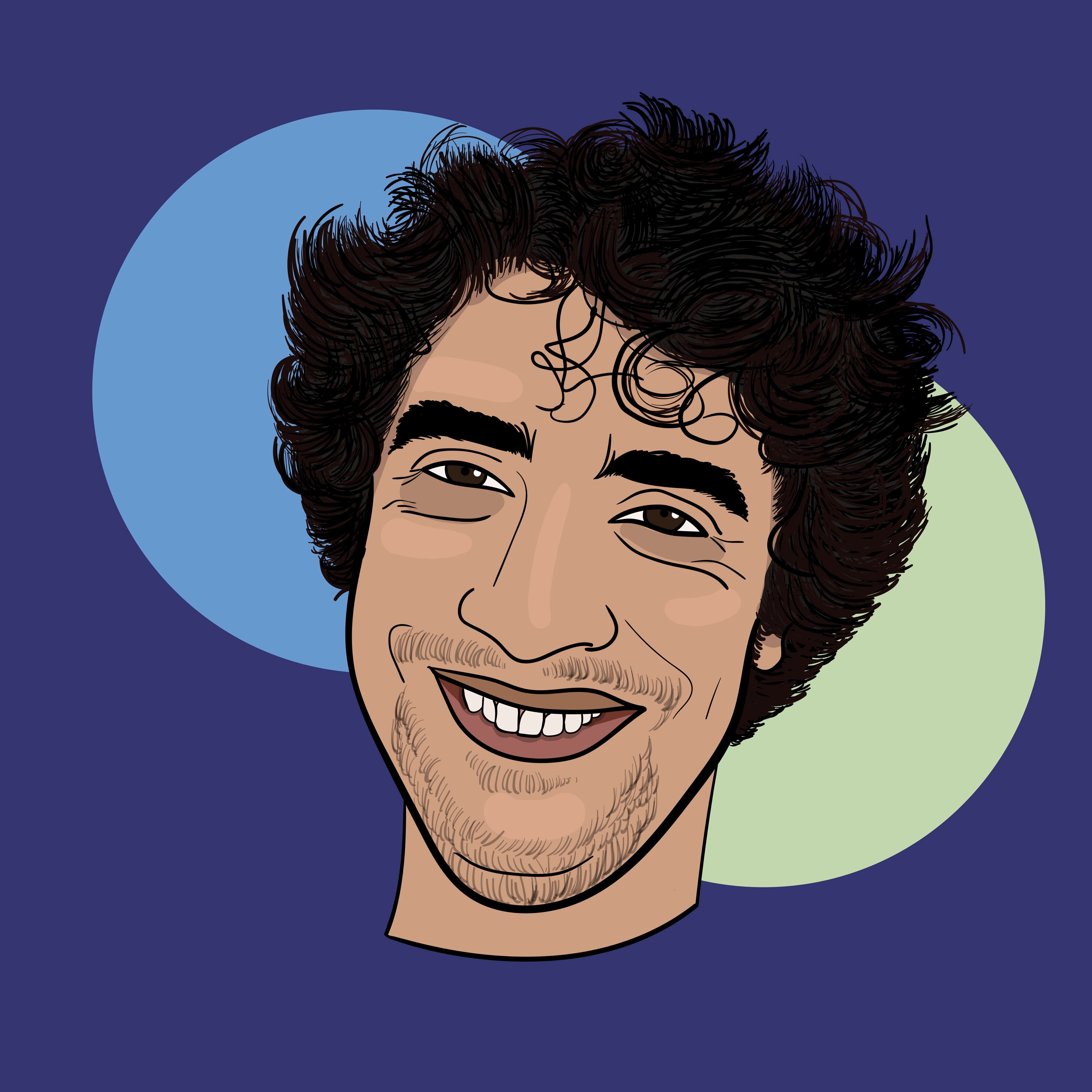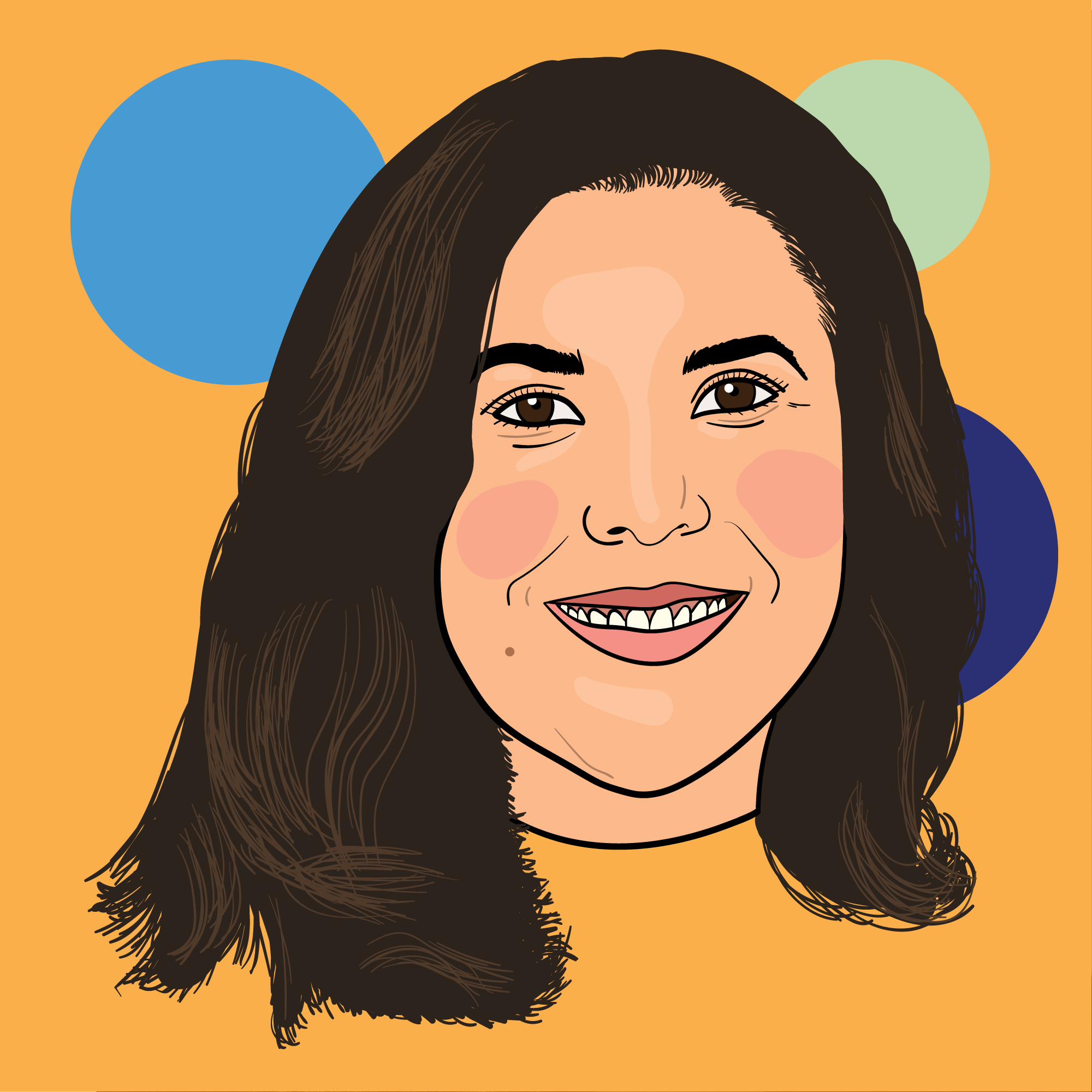Navdeep Kang

People with substance use disorders touch the healthcare system many times before actually being able to enter treatment. One reason: healthcare’s siloed specialties let people slip through the cracks too often. A budding movement to mainstream behavioral healthcare could change that—training doctors and nurses not only to treat physical symptoms, but to address behavioral health conditions, including addiction—in the general healthcare setting, in hospitals, emergency rooms, and clinics across the community, wherever patients routinely access care. Traditional methods of change move too slowly and the scale of the opioid epidemic specifically is now too great to rely on old practices.
Despite long-standing literature indicating improved outcomes for patients when physical and mental healthcare are integrated, the United States has overwhelmingly failed to translate this science into practice—all against the backdrop of the worst public health crisis of our generation. So an innovative approach is needed to make an immediate, meaningful impact and turn the tide on a mortality crisis that since 2016, has killed more Americans than the entire Vietnam war.
As head of behavioral health operations for Cincinnati’s largest nonprofit health system for over five years, Dr. Kang led the formation of a multi-agency, treatment-on-demand network of collaborative care, helping change how people with addiction are perceived and treated. This effort brought together over a dozen once-segregated recovery centers and other local stakeholders to work in concert with hospitals, who themselves had to challenge old ways of operating to become true providers of modern, evidence-based addiction treatment services. The result: a comprehensive continuum of care in an area of medicine where one simply did not exist before. And a community where patients can access addiction treatment any day, any time, across a broad geographic region. Now, Dr. Kang has joined BrightView Health (Opens in a new tab) as the Chief Clinical Officer—a role focused on the development, implementation, evaluation, and research on best practices in addiction treatment. This means pushing the envelope even further to improve access to addiction treatment and outcomes, and helping lead the national conversation on quality, consistency, and standards of care.
Larry Graham, M.D.
By serving people across the age and socioeconomic span, in urban and rural settings, BrightView has brought access to quality treatment to communities across the region. Leading through change is par for the course in healthcare, but thanks to the Obama Foundation Fellowship, I’m better prepared now to lead through innovation than I ever could have imagined.
Alex Smith has been a great friend and my chief collaborator from the Fellows cohort. His vision to reduce loneliness and disconnection in a hyper-connected age has taught me to think bigger about my own work. After all, the path to addiction is littered with loneliness and isolation - so if we work collectively to foster a sense of community, we can prevent addiction and save lives in the process.
Harry Grammer taught me that lived experience comes in many forms. And that owning my narrative and my story - and learning how to put it into words - makes me a stronger leader and can bring more people into participating in our important work.
